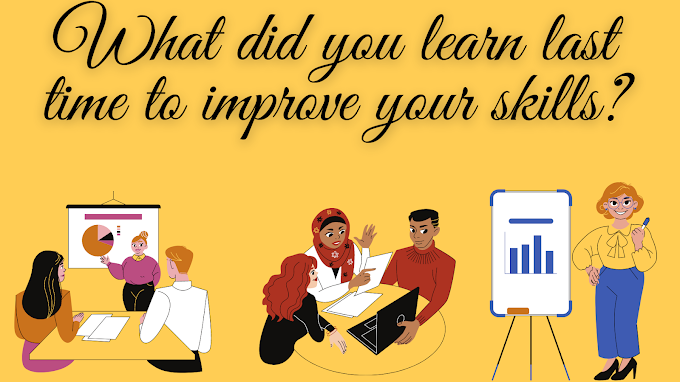We remember the nice moments of our childhood at primary school as if they were just yesterday. It was a fascinating time where we played a lot with our childhood friends. However, many of them have since disappeared from our lives. We also learned many things from our devoted teachers, some of whom were leaders and inspiring figures that we will never forget. We also remember a group of students who had difficulty learning quickly and keeping up with their classmates. Unfortunately, they were often the victims of bullying. Despite their struggles, these students were smart, intelligent, and creative young learners who simply lacked the appropriate environment and support to thrive.
The first idea that we must acknowledge is that all human beings are intelligent enough to create innovative ideas and achieve excellent results. However, we do not all possess the same level of intelligence; rather, we have different forms of intelligence. The American psychologist Howard Gardner discovered a new theory of multiple intelligences, which has made significant progress in the field of pedagogy. He identified eight criteria that may differ from one person to another based on genetics or life experiences: linguistic intelligence, logical-mathematical intelligence, spatial intelligence, bodily-kinesthetic intelligence, musical intelligence, interpersonal intelligence, intrapersonal intelligence, and naturalist intelligence.
Teaching is a challenging task that requires taking into consideration each student's multiple intelligences and evaluating them before devising a learning strategy that is best suited for each student. In large classes, it may be difficult to accommodate every student's needs, leading to the neglect of some students. It is important, therefore, to appreciate and care for each student, avoiding negative words and prejudgments. Every student has human dignity and something unique and special about them that deserves attention and time. By utilizing the eight criteria of multiple intelligences, students can be given a choice and encouraged to discover the best way of learning for them.
Understanding society can be studied through the eyes of students. As teachers, we come from and teach society. After the ice-breaking session, it is essential to carry out sociological and pyrotechnic studies for each student. Some parents may feel upset about this, questioning why the profession of the student's parents should be discussed in class. However, it is important to understand each student's environment to know how to teach them effectively. While it may not be appropriate to do so in a group setting, students should also understand that humanity unites us, and we should view people through the lens of humanity, rather than focusing on their profession or socioeconomic status.




0 Comments